-
Igniting a Reuse Revolution in China’s War Against Plastic Waste
›
Food takeaway has become a symbol of urban lifestyle convenience in China, but the resulting single-use plastic (SUP) waste has become a costly environmental and economic burden. In 2020, urbanites ordering on food delivery apps generated 37 billion SUP containers and a small fraction was recycled. According to a report by Pacific Environment, 88.5% of SUP waste in China is landfilled, incinerated, or leaked to the environment. Food and beverage packaging is the number one contributor to China’s SUPs.
-
Food Waste: A Low-Hanging Fruit for Methane Reductions
›China Environment Forum // Cool Agriculture // February 8, 2024 // By Jennifer Nguyen, Jennifer Turner & Karen ManclThis blog is modified from the Wilson Center-OSU “Cultivating US and Chinese Climate Leadership on Food and Agriculture Roadmap” publication.
“Waste is something that most of us just don’t see,” stressed Pete Pearson, Senior Director, Food Loss and Waste, WWF, at a recent Wilson Center event. Though people are “conditioned” to be blind to food waste, continued Pearson, this not-so-invisible problem wastes a third of food grown around the world. When this wasted food decomposes, it emits methane, accounting for 8 to 10% of global greenhouse gas (GHG) emissions.
-
Is the Chinese Market Hungry for Carbon-Neutral Beef?
›
Days before Brazilian President da Silva Feb visited China in late March 2023, China resumed its beef imports from Brazil after a temporary ban due to an earlier discovery of Mad Cow Disease. Brazil quickly bounced back as the top exporter of beef to China, a country hungry for it. With the continuous growth of China’s economy, population, urbanization, and increasing income levels, there has been an increased demand for high-protein foods. Among these, beef has become a highly sought-after delicacy. Since 2012, China has transitioned from a net exporter to a net importer of beef, primarily relying on countries like Brazil.
-
“Radioactive Fish” and Geopolitics: Economic Coercion and China-Japan Relations
›
On the same day Japan began wastewater releases from the Fukushima nuclear power plant in late August 2023, the website of China’s customs agency announced the country would “completely suspend the import of aquatic products originating from Japan.”
-
Circumventing the Chokepoint: Can the US Produce More Rare Earths?
›
Nowhere is China’s critical mineral dominance greater than in rare earth supply chains. In 2022, the US government estimated that China controlled “nearly 60 percent of mined production, over 85 percent of processing capacity, and over 90 percent of permanent magnet production.”
-
Water Cooperation and Scientific Networks: A Work of Passion
›
Groundwater is relied upon for roughly half of global drinking water. And as climate change alters precipitation patterns and pollution of surface water continues to increase, our collective dependence on groundwater is likely to increase.
Getting ahead of the potential conflicts, or in some cases, catching up with them, requires an increase in effective groundwater cooperation and diplomacy. Yet the vast majority of transboundary aquifers exist without any form of agreement among the states that share them. This state of affairs leaves the aquifers—and the people who rely upon them—vulnerable to overexploitation, environmental degradation, and the risk of interstate conflict.
-
Addressing the Global Food Crisis: CIMMYT Experts Weigh In
› The confluence of climate change, COVID-19, and the war in Ukraine have placed enormous stress on food systems across the globe. Food insecurity spiked in 2020 and has stayed high, and the number of undernourished people is on the rise.
The confluence of climate change, COVID-19, and the war in Ukraine have placed enormous stress on food systems across the globe. Food insecurity spiked in 2020 and has stayed high, and the number of undernourished people is on the rise. -
Climate Resilience for Whom? The Importance of Locally-Led Development in the Northern Triangle
›“One of the challenges of responding to climate risks is that climate’s impacts and how those impacts interact with existing systems on the ground are so varied and specific to a given place,” said Lauren Risi, Director of the Wilson Center’s Environmental Change & Security Program, at a recent PeaceCon conference panel on climate change, violence, and migration in Central America. “But there is also an opportunity in how we respond to develop more agile, just, and sustaining programs and policies that go beyond a singular focus on responding to climate change and instead build the overall resilience of communities.”
Showing posts from category consumption.



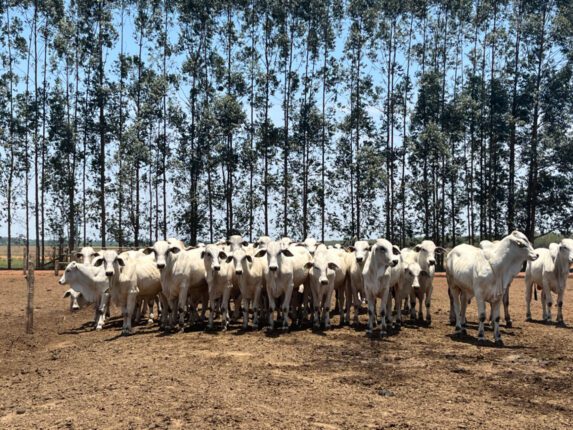
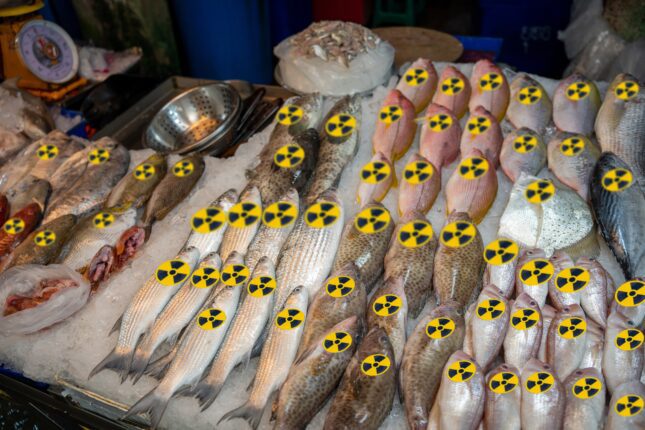
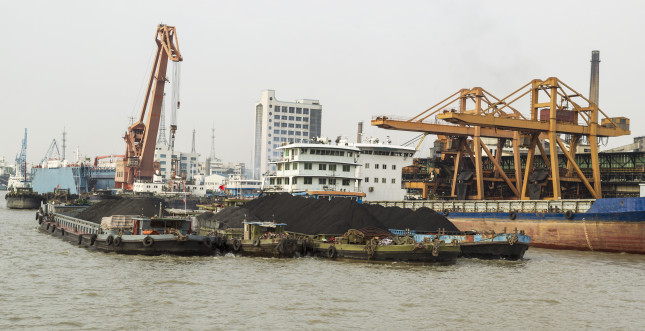
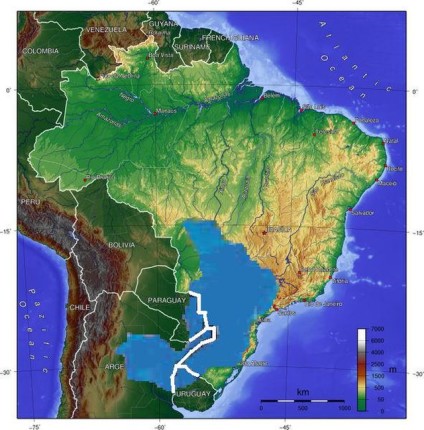
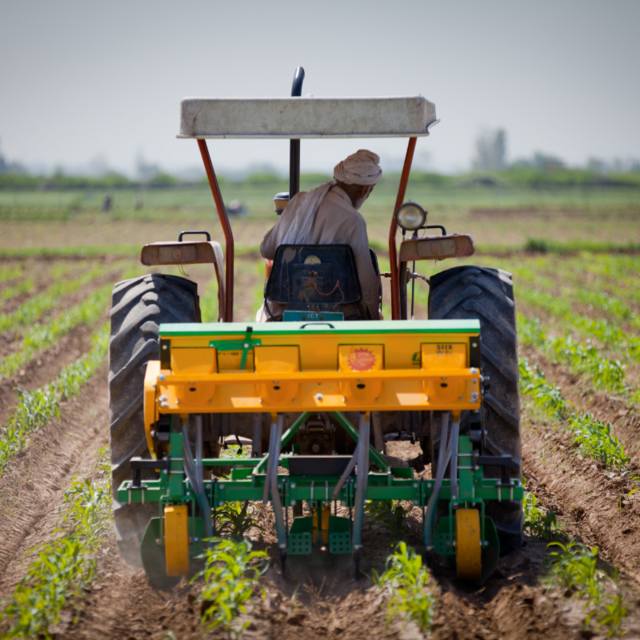 The confluence of climate change, COVID-19, and the war in Ukraine have placed enormous stress on food systems across the globe.
The confluence of climate change, COVID-19, and the war in Ukraine have placed enormous stress on food systems across the globe. 


